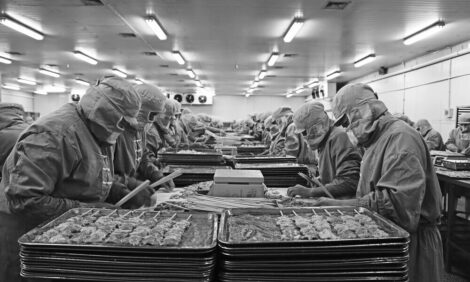



China's Poultry Industry Needs 'Upgrade' to Contain Bird Flu
CHINA - China has been struggling with bird flu outbreaks in humans for some time, with poultry markets forced to close in some parts of the country to prevent disease spread."The peak of the epidemic seems to have passed, but smaller outbreaks may last into late April," said Ni Daxin, deputy director of emergency response for the Chinese Center for Disease Control and Prevention at a news conference held by the National Health and Family Planning Commission.
During China's worst H7N9 bird flu season, which started in October, the virus had infected 306 people and by the end of January had killed 100 in 16 provinces, including Guangdong, Jiangsu and Anhui.
Mr Ni called for strengthening measures to control the virus, in particular shutting down additional live poultry markets.
Information exchanges helped agricultural authorities determine that H7N9 contamination is concentrated at live poultry markets, not at chicken farms. In the hardest-hit regions, almost half of the remaining live poultry markets were found to have H7N9 contamination, according to officials.
Most cases happened in the south and on the eastern seaboard, Mr Ni said, adding that the main reasons were weather conditions and "the local habits of buying live or freshly slaughtered chickens". In response, regions have shut down live poultry trading and markets as part of effort to contain the outbreak.
But that is only a short-term, emergency measure, Mr Ni said. "The ultimate way out is to upgrade the industry, shifting to large-scale poultry farming and slaughtering."
The closing of live poultry markets has proved effective in slowing the spread of the virus, he said, adding that the public can also help by avoiding live poultry markets or handling live poultry or their droppings.
"If the public buys only frozen poultry, control of the epidemic will be much easier. The nutritional value is equal to that of freshly slaughtered poultry, but it involves far fewer health risks," Mr Ni added.








